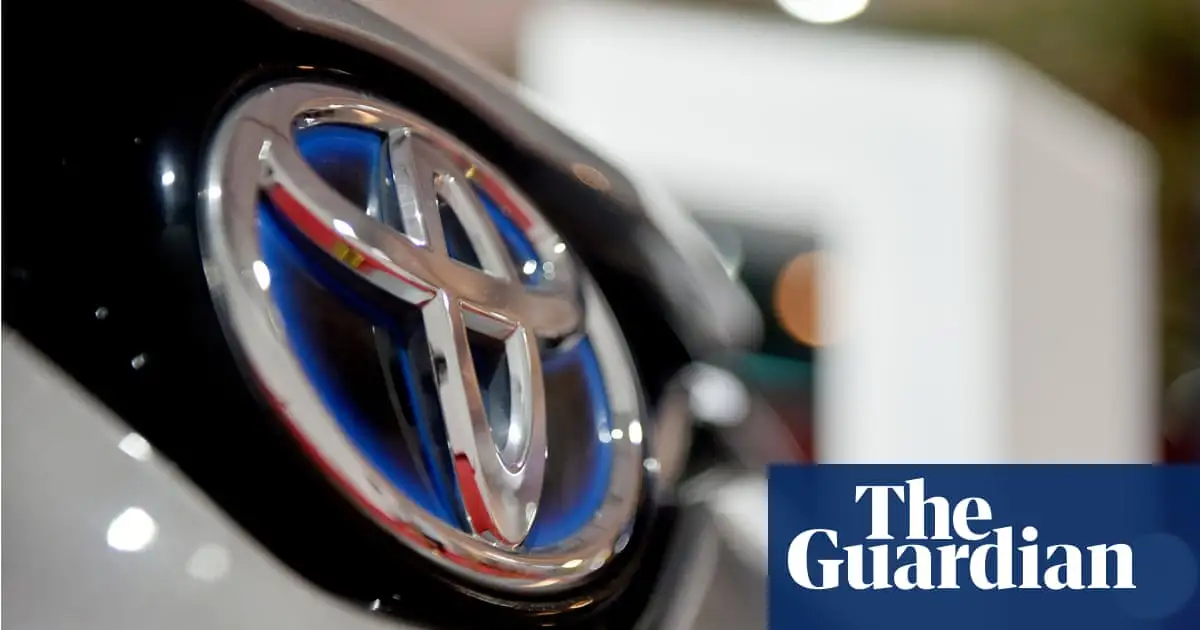Toyota claims battery with range of 745 miles, charges in 10 minutes
Toyota claims battery with range of 745 miles, charges in 10 minutes

www.theguardian.com
Toyota claims battery breakthrough in potential boost for electric cars

Toyota claims battery with range of 745 miles, charges in 10 minutes

Toyota claims battery breakthrough in potential boost for electric cars
